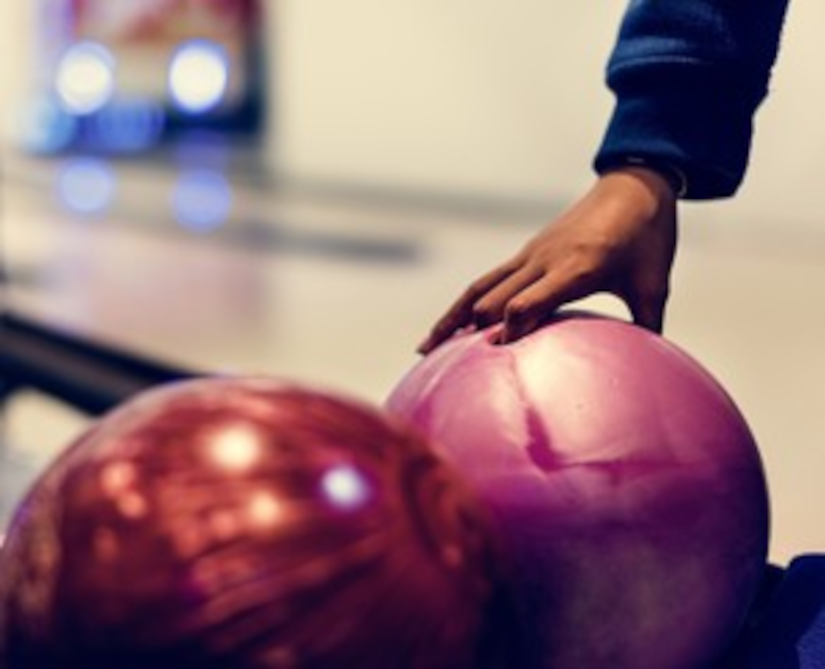Most of us have a picture in our mind of what therapy looks like. The most clichéd image that pops to mind is probably that of a person reclined on a couch explaining their problems or fears to a therapist who sits upright in a chair taking notes and asking leading questions.
Therapy Clichés
Or maybe when you hear the word “therapy,” you think of couples or family therapy, imagining two or more people at odds with one another as a therapist plays referee and tries to help everyone get on the same page.
And it’s true: plenty of therapy does, in fact, involve a person or a couple or a family talking with a trained therapist who can offer advice and effective strategies for improving a situation. But there are exceptions. Recreational therapy is one of those exceptions—and it can be an excellent approach for helping someone in recovery from a substance use disorder.
Let’s take a closer look at this form of therapy that does not conform to the clichés.
Recreational Therapy – What Is It?
We admit that “recreational therapy” might sound like a contradiction in terms. Heck, even the American Therapeutic Recreation Association reminds us, rather wittily, that “Recreational therapy is not all fun and games.”
Maybe not, but it turns out that fun and games are right at the heart of recreational therapy. Here’s how U.S. News & World Report explains it:
From team sports to music, hiking to bowling, a recreational therapist fuses goal-oriented leisure and health care. After meeting with a patient, therapists develop a treatment plan for him or her. They take into account where patients are in their care, their abilities and disabilities, and their interests.
Wait, you might be saying to yourself. Bowling? C’mon now. How can bowling be therapeutic?
Recreational Therapy – How Does It Work?
The key to the success of recreational therapy is not found in the particular activity itself. Instead, it is found inappropriate personalization. That is to say, if you are convinced it is ridiculous to think of bowling as a therapeutic activity, then it probably is not the right activity for you. And that is perfectly okay. The important thing is to discover the recreational activity (or activities) that has therapeutic value in your life.
If you are engaged in an activity truly enjoy, you can experience a variety of therapeutic benefits:
- A reduction in stress or anxiety
- A boost to your self-confidence
- A new sense of connection and sustained interest
- A richer and deeper overall quality of life
All of those things support your overall mental health and, in turn, your ongoing recovery.
Again, it is personalization that gives power to the therapy. In collaboration with your recreational therapist, you will have the opportunity to find the right activities for you. Those activities may be artistic—like painting, writing, dancing, or playing a musical instrument. They may be athletic—like joining an adult sports league, taking up running or swimming, or weight training. They may involve any number of active hobbies—geocaching, flying remote control planes or drones (check your local regulations), or bird-watching. Maybe some combination of all of these things will be the appropriate way to go.
No matter which activities you end up choosing, in the end, recreational therapy is centered on the dual goals of enjoyment and healing. Note that we did not include competition or mastery in that brief list. While it is great to feel the excitement that comes with winning a game or mastering a difficult skill, when it comes to recreational therapy those outcomes are not the point. One useful way to think about this is to remember that recreational therapy is focused on process rather than product. That means the central features of your activity should be things like participation and engagement, letting one’s guard down, and experimentation.
Long and short: If you run a faster 100-yard dash as a result of recreational therapy, that’s great. If you enjoy the process of learning to run faster and feel more at peace with yourself, that’s even better. Focus on the process to support your sobriety and to get the most out of recreational therapy.
Recreational Therapy is Among the Options at Bel Aire Recovery Center
You have probably already guessed that recreational therapy is among the treatment approaches available at Bel Aire Recovery Center. To discover whether it is a good option for you, our staff will listen to you to understand your personal situation. We are committed to creating a personalized treatment plan that will directly address your substance use disorder and any co-occurring mental health disorders—like depression, anxiety, or trauma-based issues—that may be in play.
If recreational therapy is right for you, you can count on us to put it in the work to help make it an effective part of your overall treatment plan.




